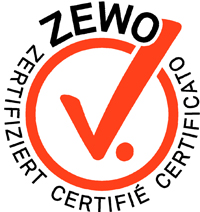 Colibri Program
Colibri Program
Location : Nobéré, South Central Region, Burkina Faso – 28 villages
General objective: Improve the living conditions and strengthen the resilience of the population of the municipality of Nobéré, by addressing in a cross-cutting and sustainable way the causes and impact of poverty in the area.

Some figures about Nobéré :
- 68% of the population takes more than 30 minutes to reach a drinking water point, and therefore does not have access to drinking water according to WHO standards.
- 93% of households do not have access to latrines.
- 49% of respondents said they did not meet their family’s food needs.
- 60% of farmers use phytosanitary products inappropriately, and are aware of the impoverishment of their land.
Duration of the program: January 2015- December 2020
Beneficiaries: the 60,000 inhabitants of Nobéré Commune
Activities
The Colibri Program is a cross-cutting approach to Nutrition, Water-Sanitation-Hygiene and Rural Development. Morija’s action is thus global, since it acts simultaneously on several factors of poverty, but also sustainable because it involves both people and public authorities.
This program highlights the importance of the participatory approach of beneficiaries. Special emphasis is placed on women’s involvement as a force of change within their family and community and on their role in preserving resources.
Morija’s objective is to help reach by 2030 the Sustainable Development Goals set by UN in 2015. With the Colibri Program, Morija meets four of these SDGs.
 Sustainable Development Goal 1 :
Sustainable Development Goal 1 :
Eliminate poverty in all its forms and around the world.
 Sustainable Development Goal 5 :
Sustainable Development Goal 5 :
Achieve gender equality and give autonomy to all women and girls.
![]() Sustainable Development Goal 12 :
Sustainable Development Goal 12 :
Establish sustainable consumption and production patterns.
 Sustainable Development Goal 6 :
Sustainable Development Goal 6 :
Provide access to water and sanitation for all and ensure sustainable management of water resources.





